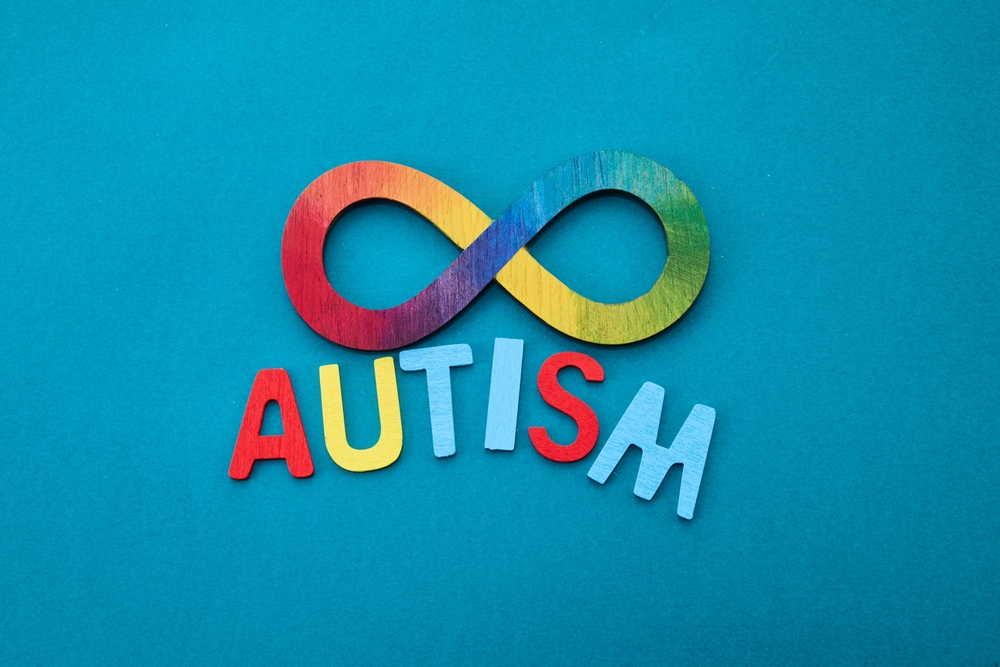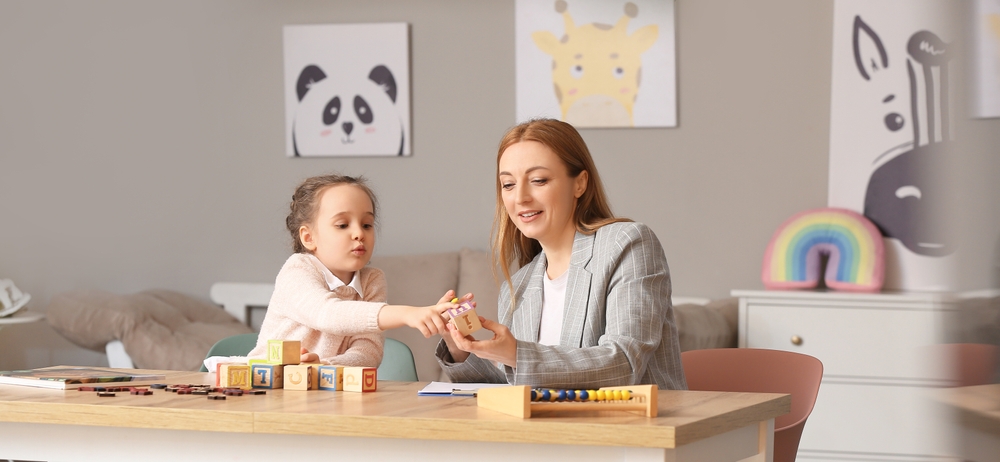Supporting someone with autism can make a world of difference and help them to feel seen and understood, but what can you do? Read to find out.
We all need support in our lives, and some people may need it more than others. If you have friends or family members on the spectrum, then you probably already know how important it is to support someone with autism and the impact that it can have on their lives.
Autism is not a learning disability, but it can provide additional challenges in daily life, whether this could be due to comorbidities like anxiety or sleep disorders, sensory processing issues, echolalia, difficulty in social situations, and more.
Supporting a loved one with autism involves understanding their unique needs, fostering open communication, and creating an environment that values their strengths.
Understanding Autism: Why Support Matters

Autism can look different in boys vs girls, much like ADHD, but this doesn’t mean that girls don’t need as much support as boys do. As professionals at masking, or, acting like neurotypicals, girls will often go undiagnosed and ‘keep up the act’ their whole lives. This can be exhausting, and a key reason why support is crucial – we all want everyone to feel comfortable in their own skin and able to be themselves.
It’s common for people with autism to have anxiety due to a number of things, with changes to routines, unexpected changes, social situations, and sensory issues being just some of the key reasons. This means that some of the best ways that we can support someone with autism are by paying attention to their sensory needs and preferences, being positive and understanding, and being a good listener.
When you do these things, you might be surprised by the difference you can make in someone’s life. In many cases, it’s all too common for an autistic person’s needs to be overlooked due to convenience, but we should be willing to try and make others feel comfortable, even if it takes a few short minutes out of our day.
Top 5 ways to support a friend or family member with autism:
- Educate yourself on what autism really is and what it means
- Be a good listener and ask questions wherever necessary
- Be positive and understanding, especially in difficult social situations
- Aid in the creation of a useful routine
- Pay special attention to sensory needs and preferences
Overall, supporting someone with autism simply means that you treat them with the same level of care and patience that you would want to be treated with yourself. While it can be more difficult to support some people more than others due to more extensive needs, we encourage you to stay positive and just be mindful of how you interact with those around you at all times.
How to Support Someone with Autism

Supporting someone with autism might be a lot easier than you initially think, because the main thing you need to do is treat them with the same care and respect that you would yourself or anyone else that you care about. This can include building strong relationships to help understand and help them better, come up with practical ways to get through daily challenges, and using effective communication.
Below, we will go through some key things that you can do when supporting someone with autism. By the time we get to the end, hopefully you will have a good idea of what you can do to make an autistic loved one feel loved and supported in their daily lives.
Building Stronger Relationships with Autistic Loved Ones
By building a strong relationship with your autistic loved ones, you will get to know them better and understand their wants, needs, and preferences. This will allow you to better support them, and it will also allow them to be comfortable with you and talk to you when they need a shoulder to lean on.
Practical Ways to Help with Daily Challenges
Practical ways that you can help with supporting someone with autism includes making the challenges they face in their daily lives a bit easier. This could be related to sensory processing (like seeing, hearing, or feeling things that they dislike), helping with routines, or anything else.
Take small steps and make small changes that can make their lives easier. This might mean removing that one velvet pillow on your sofa when an autistic loved one visits, or keeping a whiteboard up on the fridge that has the calendar or schedule on it for everyone to see.
Find ways that work for you and your autistic loved ones, and talk and experiment with different things to see what works.
Communicating Effectively: Tips for Autism-Friendly Interaction
Every autistic person will have their strengths and weaknesses when it comes to communication – just like anyone else. In most cases, visuals can be incredibly helpful, as auditory processing can be challenging.
When you communicate with someone on the spectrum, it’s important to be mindful of the way you talk. Many autistic individuals may take things literally, and context is important. It’s also important to bear in mind that it’s common for people with ASD to ask questions for clarification on a matter, whether it’s instructions, rules, or anything else – don’t take this out of context and see it as them ‘challenging you’ if you are a parent. In most cases, they are simply asking questions to get a better understanding of what you mean or the reason for something.
Creating a Supportive Environment at Home and Beyond

Support starts in the home, and the home is the sanctuary for many of us, whether we are autistic or not. Finding ways to support someone who is autistic might look different for every person, and everyone has different needs and preferences. However, we can all do small things to make one another more comfortable in our lives.
Some physical things that you might want to do to make a better home environment include:
- Accommodate sensory needs (dim bright lights, let them know about objects that they might not like the feeling of, etc)
- Help with sensory preferences (weighted blankets, fidget toys, etc)
- Make any schedules you have visible so that they can always prepare themselves for events or occasions in advance
- Accommodate food preferences and never try to force them to eat something that they hate, but encourage them to try new things
Encouraging Independence and Confidence
It’s important to encourage independence and confidence in everyone. While this starts in childhood, it can continue well into adulthood for many people, and it should always be encouraged to help that person in their daily life. When they are young, you might get an autistic person to become more independent by teaching them daily activities like brushing teeth and combing hair – like you would any other child – and starting young means that they have time to master these skills.
As an autistic person gets older, you can promote independence and confidence by teaching them skills to help keep themselves organised and handle daily challenges. This could be in the form of providing them with manageable steps to take, or even encouraging them to go to therapy, where a professional can guide them through the specifics.
By tailoring life to a person’s individual needs, you can easily promote both confidence and independence. If they work well with visuals, then use visuals, and you might be amazed by how independent they can be. No one thing will work for everyone, and every single person will have a way of doing things that works for them.
How The Brain Workshop Can Provide Additional Support

Autism affects over 75 million people globally, and this comes with numerous challenges that many of us will not be aware of if we are not autistic ourselves. However, it’s important that we do what we can to support our autistic loved ones to make their challenging lives a bit easier – whatever that might mean for you.
Looking for more ways to support your loved one with autism? Contact The Brain Workshop today for expert guidance and tailored resources to help you make a difference in supporting someone with autism.
If you would like to learn more, please don’t hesitate to contact us at the Brain Workshop and find out more about us, our team, events, or even read our FAQ. If you want to find out more about ASD, why not have a look at our blogs on how to parent a child with ADHD and autism, the difference between Asperger and autism, or learn about 10 iconic autistic fictional characters.






